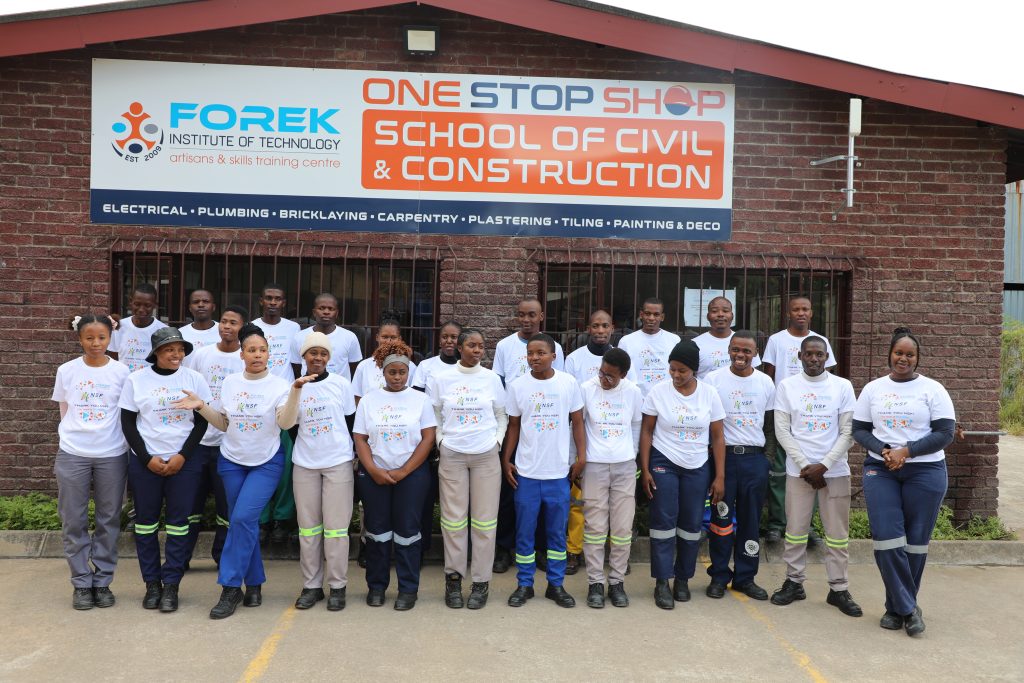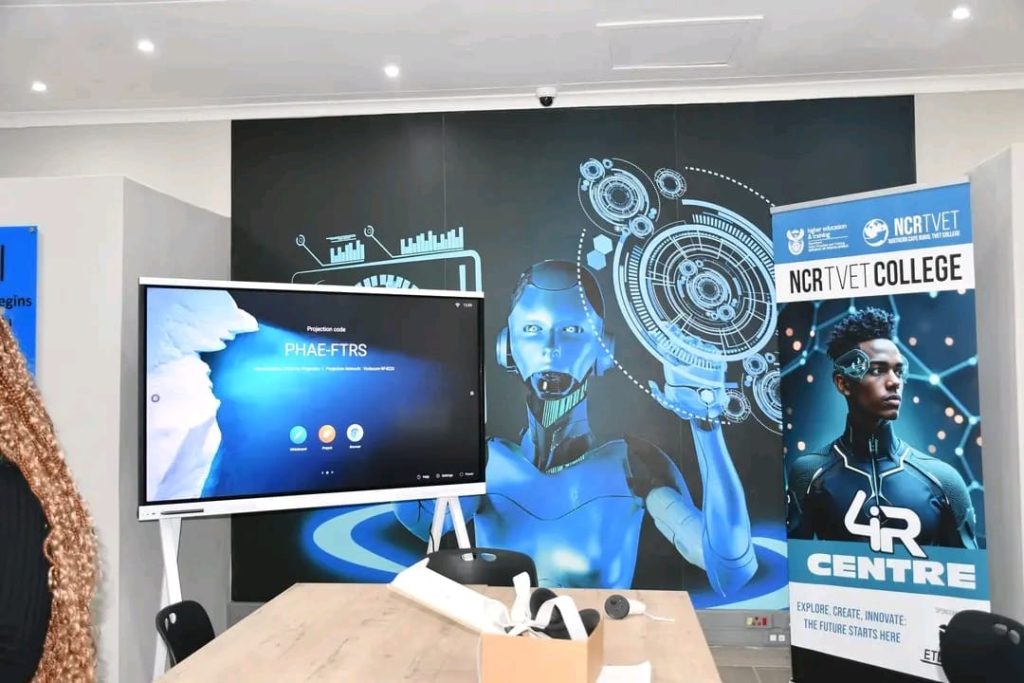The Richards Bay Technical Training Assessment Centre (RBTTAC) offers a range of technical and vocational education and training (TVET) programmes such as fitting and turning, boilermaking, electrical studies and millwright training.
The first student intake of its earlier contract with the National Skills Fund (NSF) was 120 students. RBTTAC was approved R45 million by the NSF to implement electrical and boiler making programmes from 30 July 2018 to 30 June 2022.
With the success of the first intake, RBTTAC was approved funding to continue implementing the NSF Artisan Skills Development Programme. The centre received a significant boost of R19 million for three years and five months from 30 June 2022 until 31 December 2025.
RBTTAC is one of 65 private companies approved for funding to implement the NSF Artisan Skills Development Programme.
At a visit by the NSF, beneficiaries lauded the fund for the educational support received through the funded programme. Students acknowledged the vital role played by the NSF, not only in financing their courses but also in disbursing monthly stipends. These funds aid students in their studies and support their families. These programmes empower and transform beneficiaries’ lives.
“I am grateful for the NSF assisting me financially. Without NSF, I would not have managed to pay for my studies. The monthly stipend helps me put food on the table since I come from a disadvantaged background,” says Perfect Nokwanda Mbamali, a RBTTAC millwright student.
Boilermaker apprentice Zenzele Mabika expressed gratitude for the financial aid that enabled him to pursue his dream of becoming a qualified artisan.
Millwright student Siphamandla Cele said: “I have learned more about electrical and mechanical engineering, which makes me more employable.”
With a diverse range of millwrighting employment opportunities, the field specialises in various areas based on individuals’ expertise and their industries. For example, industrial millwrights focus on manufacturing plants, factories, and industrial facilities. Construction millwrights focus on assembling and installing machinery and equipment at construction sites. Maintenance millwrights are responsible for maintaining and repairing machinery in various industries.
Cele believes South Africa needs more electrical engineers to solve the energy crisis. He adds that students who qualify as millwright artisans and pursue the electrical route will add value to the energy industry.
RBTTAC general manager Kriandren Naidoo lauded the NSF for its financial support. He expressed delight in the learners’ preparedness for the job market, attributing it to theoretical and practical training received at the centre and NSF funding.
Naidoo highlighted how these programmes contribute significantly to poverty alleviation in the community. “If the learners put in the work, they stand a better chance to be absorbed in the job market. The programmes are helping alleviate poverty because once the learners become qualified artisans, they also become self-reliant and provide for themselves,” says Naidoo.
The collaborative effort between the NSF and RBTTAC is a testament to technical education’s transformative power. The partnership empowers students, nurtures their talents, and equips them for a promising future. As these students step confidently into the world, they embody the spirit of breaking barriers and embracing limitless possibilities, proving that TVET education is a beacon of hope and opportunity for the youth of South Africa.
Picture: Richards Bay Technical Training Assessment Centre’s fitter and turner apprentice
By Isaiah Makhwanya, a graduate intern at the National Skills Fund



